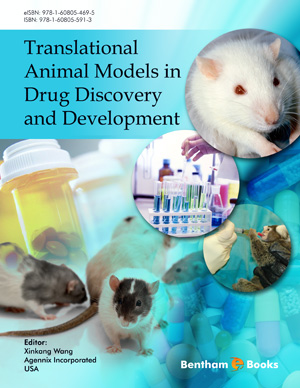Abstract
Inflammatory bowel disease (IBD), which includes Crohn’s disease and ulcerative colitis, is a chronic intestinal disorder that affects nearly 1.4 million Americans. Although the precise cause of IBD remains unknown, genetic susceptibility, the intestinal microbiota and immune dysfunction are all thought to contribute to disease pathogenesis. Standard therapies are effective in maintaining remission in a subset of IBD patients; however, many patients are non-responsive to the available treatment options. Several of the novel therapeutic targets currently in development or clinical trials were identified using mouse models of IBD. The difficulty in determining which preclinical targets will be successful in patients lies in the inherent complexities underlying the pathogenesis of IBD. Furthermore, the secondary immunological effects that preclude widespread clinical use of many of these drugs, such as risk of infection or serious adverse side effects, are difficult to recapitulate in mice. This considered, mouse models of IBD still provide the best tools to assess the individual contribution of different genes, cell types and bacteria to disease pathogenesis. This chapter explores many of the available mouse models of IBD and the contribution of these models to the identification of current and future targets for therapeutic development.
Keywords: Animal model, Crohn’s disease, drug discovery, genetic susceptibility, immune dysregulation, inflammation, intestinal microbiota, inflammatory bowel disease, mouse, therapeutics, translational model, ulcerative colitis.






















